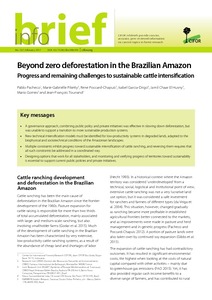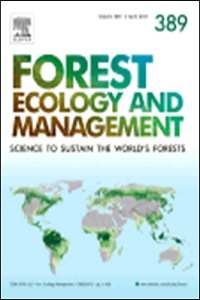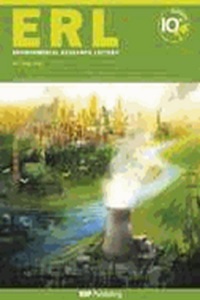Focal point
Location
The Center for International Forestry Research (CIFOR) is a non-profit, scientific facility that conducts research on the most pressing challenges of forest and landscapes management around the world. With our global, multidisciplinary approach, we aim to improve human well-being, protect the environment, and increase equity. To do so, we help policymakers, practitioners and communities make decisions based on solid science about how they use and manage their forests and landscapes.
Capacity building, collaboration and partnerships are essential to finding and implementing innovative solutions to the challenges that the globe faces. We are proud to work with local and international partners. We are a member of the CGIAR Consortium and lead the CGIAR Research Program on Forests, Trees and Agroforestry.
Our headquarters are in Bogor, Indonesia. We have offices in 8 countries across Asia, Latin America and Africa, and we work in more than 30 countries. Contact us for more information.
Resources
Displaying 81 - 85 of 808Learning from REDD+: a response to Fletcher et al.
Although REDD+ is approaching its 10th anniversary, major impacts in terms of reduced forest loss are hard to document. Conservation practitioners and scholars are therefore increasingly asking why REDD+ has not delivered more tangible results. A recent Comment in Conservation Biology by Fletcher et al. (2016) addresses this question. We agree with Fletcher et al. that REDD+ has been hyped in some circles, which has created unrealistic expectations among policy makers and forest dwellers alike. Yet, we argue that Fletcher et al.
Beyond zero deforestation in the Brazilian Amazon Progress and remaining challenges to sustainable cattle intensification
Key Messages
• A governance approach, combining public policy and private initiatives was effective in slowing down deforestation, but
was unable to support a transition to more sustainable production systems.
• New technical intensification models must be identified for low-productivity systems in degraded lands, adapted to the
biophysical and sociotechnical conditions of the Amazonian landscapes.
• Multiple constraints inhibit progress toward sustainable intensification of cattle ranching, and reversing them requires that
Beyond zero deforestation in the Brazilian Amazon Progress and remaining challenges to sustainable cattle intensification
Key Messages
• A governance approach, combining public policy and private initiatives was effective in slowing down deforestation, but
was unable to support a transition to more sustainable production systems.
• New technical intensification models must be identified for low-productivity systems in degraded lands, adapted to the
biophysical and sociotechnical conditions of the Amazonian landscapes.
• Multiple constraints inhibit progress toward sustainable intensification of cattle ranching, and reversing them requires that
Characterizing degradation of palm swamp peatlands from space and on the ground: An exploratory study in the Peruvian Amazon
Peru has the fourth largest area of peatlands in the Tropics. Its most representative land cover on peat is a Mauritia flexuosa dominated palm swamp (thereafter called dense PS), which has been under human pressure over decades due to the high demand for the M. flexuosa fruit often collected by cutting down the entire palm. Degradation of these carbon dense forests can substantially affect emissions of greenhouse gases and contribute to climate change. The first objective of this research was to assess the impact of dense PS degradation on forest structure and biomass carbon stocks.
Large scale land acquisitions and REDD+: a synthesis of conflicts and opportunities
Large scale land acquisitions (LSLA), and Reducing Emissions from Deforestation and forest Degradation (REDD+) are both land based phenomena which when occurring in the same area, can compete with each other for land. A quantitative analysis of country characteristics revealed that land available for agriculture, accessibility, and political stability are key explanatory factors for a country being targeted for LSLA. Surprisingly LSLA occur in countries with lower accessibility.






